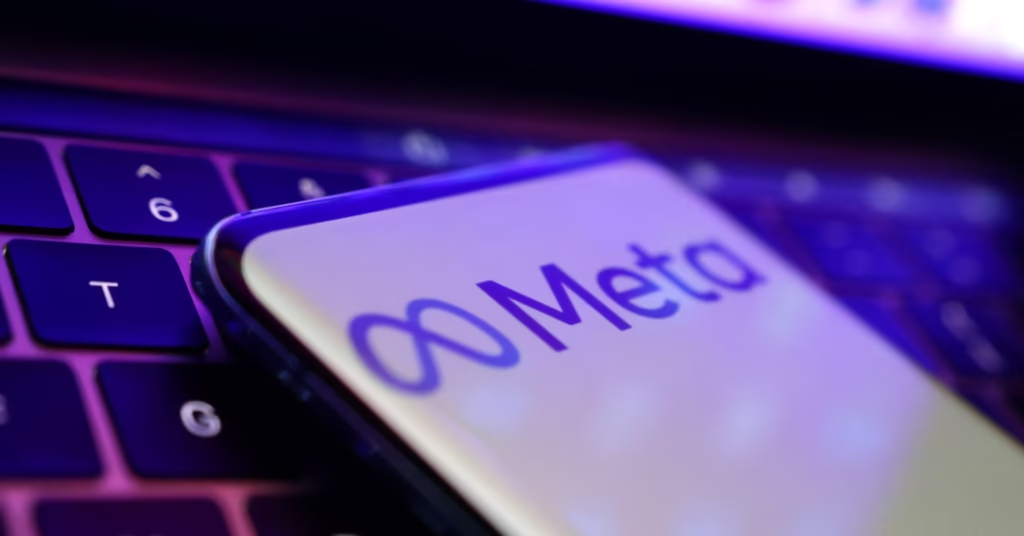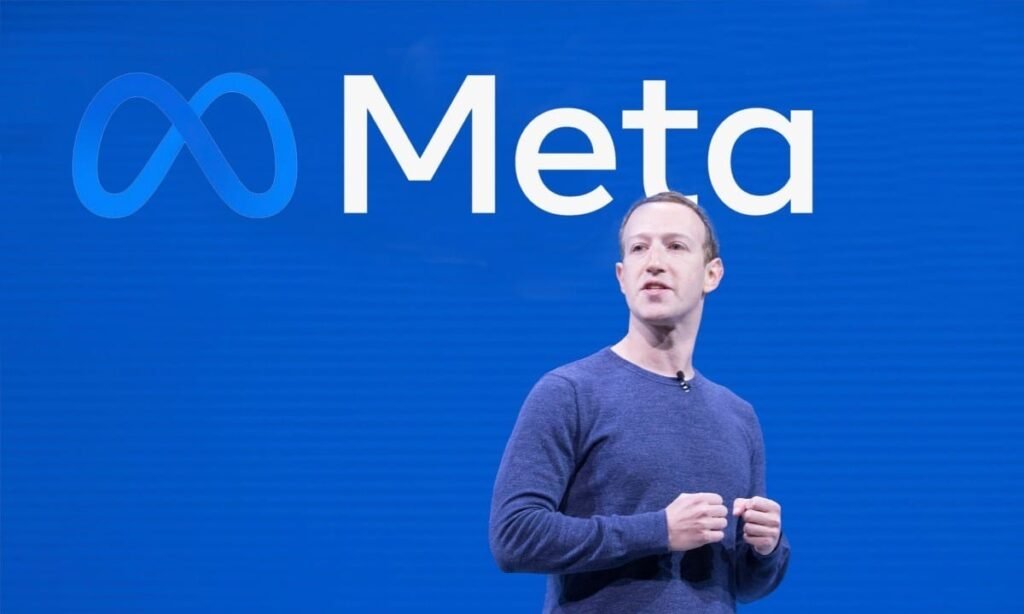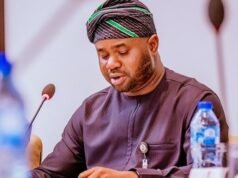Meta Platforms, the parent company of Facebook, Instagram, and WhatsApp, seems to be softening its tone after months of legal tension with Nigeria’s Data Protection Commission (NDPC). The American tech giant, once accused of ignoring Nigeria’s data laws, is now reportedly in talks to settle—a move that could reshape how Big Tech operates within the country’s growing digital economy.
The case began when the NDPC slammed Meta with a ₦32.8 million ($32.8 million) fine for alleged breaches of Nigeria’s Data Protection Act of 2023. Regulators claimed the company collected and processed Nigerians’ personal data without consent, ran targeted ads without proper safeguards, transferred data overseas without approval, and even handled data of people who were not Facebook or WhatsApp users.
Meta, however, didn’t take the fine quietly. It challenged the decision in court, claiming the process was unfair and that the NDPC overstepped its bounds. For months, both sides appeared locked in a standoff that tested Nigeria’s resolve to hold global tech giants accountable.
But now, the story is taking a new turn. Reports from the court indicate that Meta and the NDPC have begun exchanging draft terms for a possible settlement, suggesting a willingness to resolve the dispute without dragging it through a lengthy legal battle.

Table of Contents
Why Meta’s Case Matters to Nigeria’s Digital Future
This isn’t just a story about a company paying a fine—it’s a defining moment for Nigeria’s push to control how foreign tech firms handle local data.
For years, many Nigerians have expressed concerns about how social media and tech companies use their personal information. With billions of interactions daily across Facebook, Instagram, and WhatsApp, Meta has access to vast amounts of user data—from chats and photos to online behaviour patterns. The NDPC’s decision to take on Meta was seen as a bold step, one that could help build stronger privacy standards across Africa.
If Meta agrees to the NDPC’s settlement terms, it could mark a symbolic victory for digital sovereignty. It would prove that Nigerian regulators have both the authority and the confidence to enforce local data protection laws, even against powerful multinationals.
On the other hand, it could also encourage other tech giants—like Google, TikTok, and X (formerly Twitter)—to strengthen their compliance with Nigerian regulations before facing similar penalties.
Beyond the immediate legal implications, the case touches on a bigger issue: balancing innovation with protection. Nigeria’s tech ecosystem is one of Africa’s fastest-growing, powered by fintechs, digital creators, and online entrepreneurs. But for that growth to continue, users must trust that their data is being handled responsibly.

The Road to Settlement: What Could Happen Next
Although Meta and the NDPC are still in negotiation, insiders suggest that the settlement could involve revised corrective orders. These may include stricter data handling policies, routine compliance audits, and better user consent mechanisms on Meta’s platforms.
If both parties agree, the NDPC could close the case without further litigation, and Meta might avoid a drawn-out court process that could damage its reputation in one of Africa’s largest digital markets.
Still, this won’t be an easy process. Regulators are under public pressure to ensure that any deal benefits ordinary Nigerians, not just corporate interests. The NDPC must strike a balance—showing that it can enforce the law firmly while also encouraging global companies to see Nigeria as a fair and predictable environment for business.
It’s also possible that other African regulators will be watching closely. Kenya, Ghana, and South Africa have similar data protection frameworks and may follow Nigeria’s example if the settlement proves successful. Meta’s experience could therefore set the tone for Africa’s evolving digital rights landscape.
A New Chapter for Tech Accountability
For Nigerians, this case has sparked renewed discussion about privacy, trust, and the role of government oversight in the digital age. Many people now want more transparency from both the NDPC and companies like Meta on how user information is collected, stored, and shared.
While Meta’s willingness to negotiate may signal progress, it’s important to remember that making amends goes beyond just settling a fine. Real accountability will mean embedding user protection into the company’s systems and ensuring Nigerians’ data is handled ethically going forward.
The NDPC, meanwhile, has an opportunity to prove that enforcement isn’t about punishment alone but about building a culture of compliance and digital rights awareness.
If the settlement succeeds, it could pave the way for stronger collaboration between global tech firms and African governments—a shift from confrontation to partnership. But if it fails, it may deepen mistrust and fuel calls for stricter action.

Conclusion
Meta’s case with Nigeria’s Data Protection Commission isn’t just a local regulatory story—it’s a snapshot of the growing global tension between innovation and privacy, convenience and control.
In the end, whether Meta truly “makes amends” will depend on its actions, not its words. Nigerians will be watching closely to see if this new spirit of cooperation leads to a digital future where privacy, accountability, and respect for local laws finally take centre stage.
Join Our Social Media Channels:
WhatsApp: NaijaEyes
Facebook: NaijaEyes
Twitter: NaijaEyes
Instagram: NaijaEyes
TikTok: NaijaEyes




